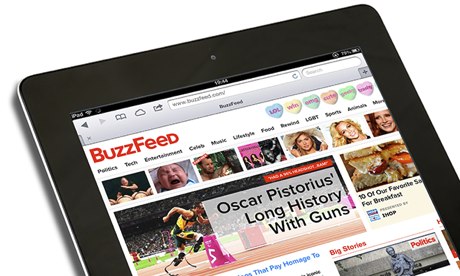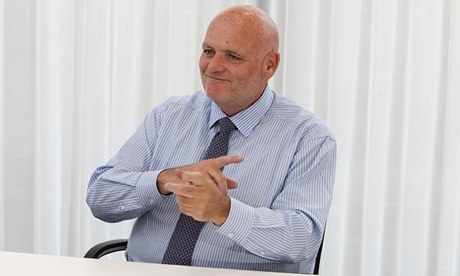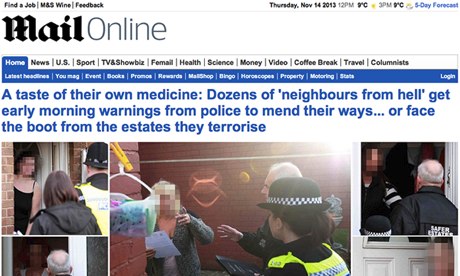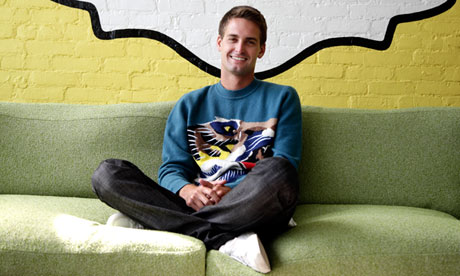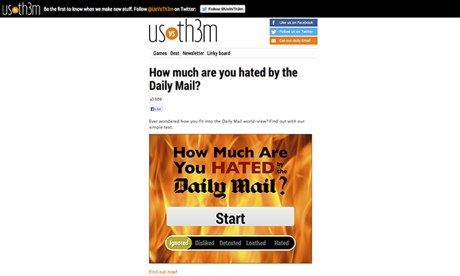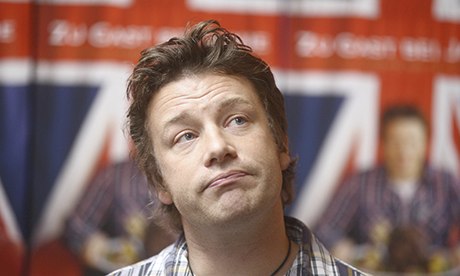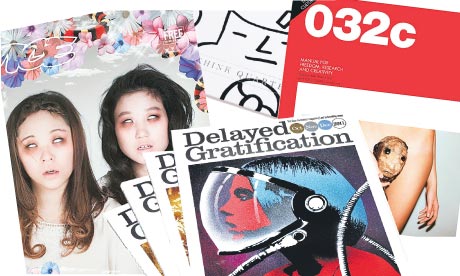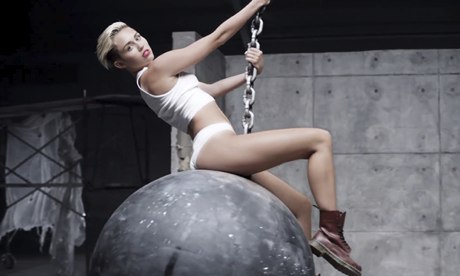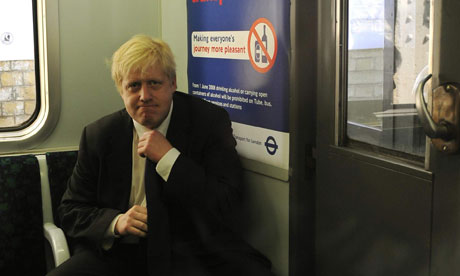Arab Spring Documentary:
Tunisia
First place the Arab spring accord was in Tunisia (2010)
The Arab Springs been described as the 'generation of young people corrupted'.
Tunisian people managed to take out dictation within 28 days and brought democracy into their country. Ben Ali was the dictator and he managed to role for 24 years in Tunisia.
PR campaign
Ben Ali- Tried winning back his people by doing a speech ' I will bring democracy and plurism' and then he decided to broadcasted it on TV ( using old media) which failed due to the fact that internet over powered old media a long time ago. keeping in mind this was in 2010. Therefore internet was a fast and immediate way to pass down information.
- Ben Ali threatened the Press ( press censorship) and controls them (small group)
- however the Internet has no control hub and no one has the power to shut it down. This was the reason for Ben Ali Tragedy.
E.g. of corruption
Sidi Bozid - Friday 17th - Mohammed Buazizi set up his store to sell producers when the police randomly took everything from him and then attacked him - he then set himself on fire. surprisingly, This wasn't on TV
New/digital media
- revolution of internet being in favour Tunisian people managed to captured evidence by using their mobile phones and online live stream
- Protest videos and images went viral ( nature of New/digital media)
- This was then picked up by Al Jazeera
- People responded and reacted - copy cat demonstration.
- Using new/digital media, couple of the guys one names Slim Mahmood he managed to hack the union website - got a crowd together using Facebook and Tunisia's bloggers . Also, he used Twitter to guide and warn people about which road to take to avoid police officers. They met up in mohammed ali square to protest. Videos ( online live streaming ) within days went viral.
- Al Jazeera's new media team, which trawls the web looking for video from across the Arab world, had picked up the footage via Facebook.
- Through New/digital media and Using different techniques to connect other like minded people and stop the unwanted force.
- Their voice wouldn't be heard without New/digital media.
Facts
- 2 Million facebook users ( 1 in 5)
- 1/3 have Broadband
- 90% have mobile phones
Would the revolution in Tunisia have happened without Facebook?
For:Quote: ' But the reality of modern media is that Twitter and Facebook and other social-media tools can be incredibly useful for spreading the news about revolutions — because it gives everyone a voice, as founder Ev Williams has pointed out ' - http://gigaom.com/2011/01/14/was-what-happened-in-tunisia-a-twitter-revolution/
Sources: There’s no question that Twitter definitely helped to spread the information about what was happening in Tunisia, as demonstrated by the tweets and videos and other media collected by Andy Carvin at National Public Radio while the events unfolded. And at least one Tunisian revolutionary, who runs a website called Free Tunisia, told a Huffington Post blogger that social media such as Twitter — along with cellphones, text messaging and various websites — was crucial to the flow of information and helped protesters gather and plan their demonstrations
http://gigaom.com/2011/01/14/was-what-happened-in-tunisia-a-twitter-revolution/
Against :
Not
Twitter, Not WikiLeaks: A Human Revolution
- This source argues that social media sites such as Twitter and Facebook wasn't the reason why Tunisia gained democracy but more on to the human revolution- debating that this happened because people lost their lives, other sacrificed and many more decided they had had enough – not because the tools of social media told them to do so but because the tools of oppression drove them to do so.http://jilliancyork.com/2011/01/14/not-twitter-not-wikileaks-a-human-revolution/
My view on matter:
I have no doubt that social media has helped changed Tunisia’s image in the eyes of the rest of the world; it’s the actual effect on the protests that they managed to connect together like minded people to protest against Ben Ali ( the dictator). Although i also think that this revolution was both analog and digital as without the Internet there would be no flow of information, neither within the country nor to the outside world.
Egypt
The second place was Egypt, occurred in Ciaro around June 2010 and the dictator was Hosni Mubarak.
After Tunisia's revolution Eqypt had high hopes - opened opportunities out there.
People then took action and used blogs and activist started writing blogs about protesting.
In Egypt people who use blogs to protest were punished.
Example:
June 2010, 6 month after Mohammed lit himself on fire Halid Sahid was brutally killed by showing the police action online.
Facts:
- 5 million Facebook users in Egypt
- 20% of Egypt had access to the internet
- traditional Werchical - pyramid structure.
- The internet is decentralised - there is no structure
January 25th 2011 - the protest began.
Not using New/digital media- The activist sent a viral message through taxi drivers to inform those who didn't have access to the internet. and then they will pass it on to others, using techniques ( word of mouth and face to face communication ).
president Hosni Mubarak makes a speech - On the Egyptian state TV he promised his people that there will be more democratic performs.
He then uses digital media to benefit himself - sent text to its people however, this planned also failed.
- Egyptian army was the strongest institution for the people. - US relationship with the army.
The next country was Libya and Syria
According to this documentary, the internet has a huge part in this Arab spring revolutione.g. to prove this is because this dictators been in power for decades.
However there were other Factors which helped this Arab spring revolution
- Economical
- Social
- Political
Egypt had a quite educated population
Middle class youth.
